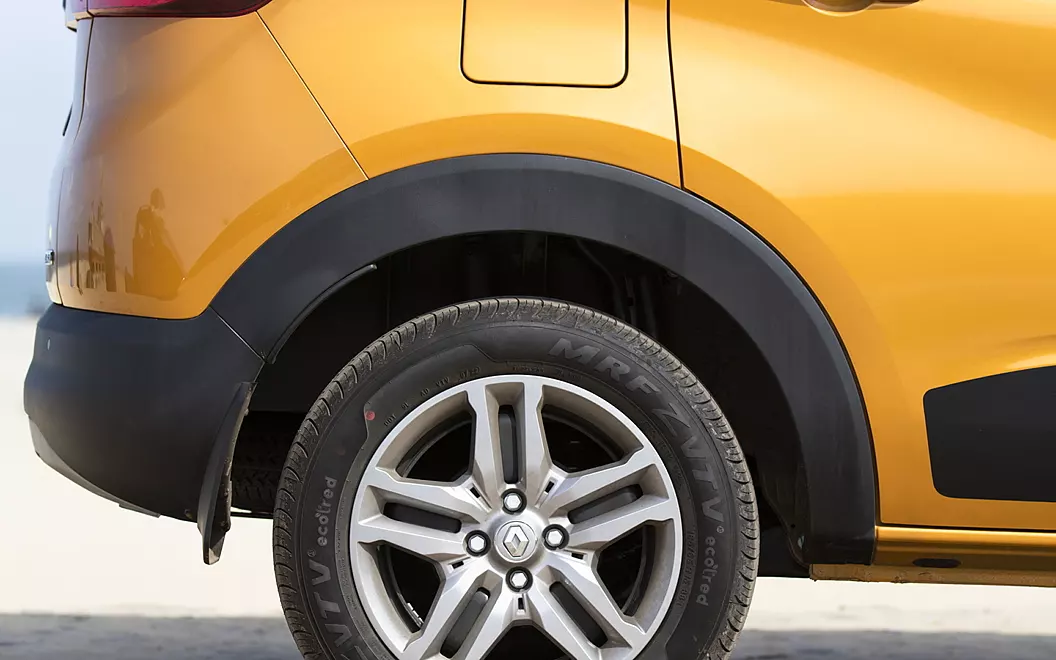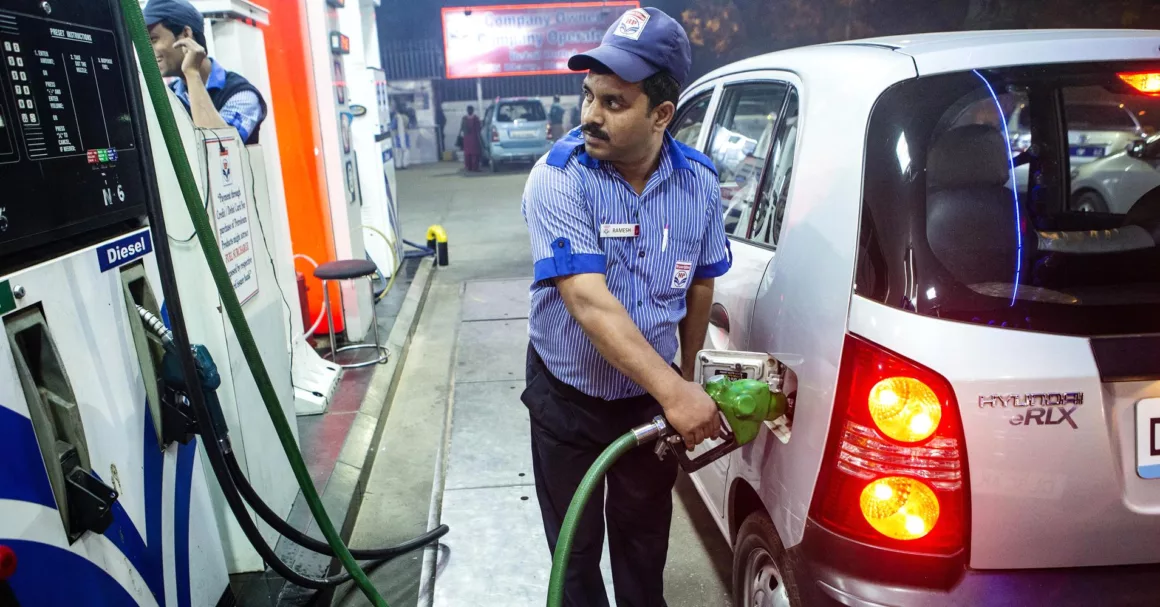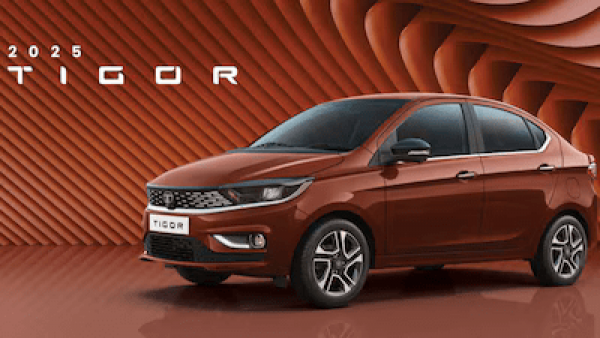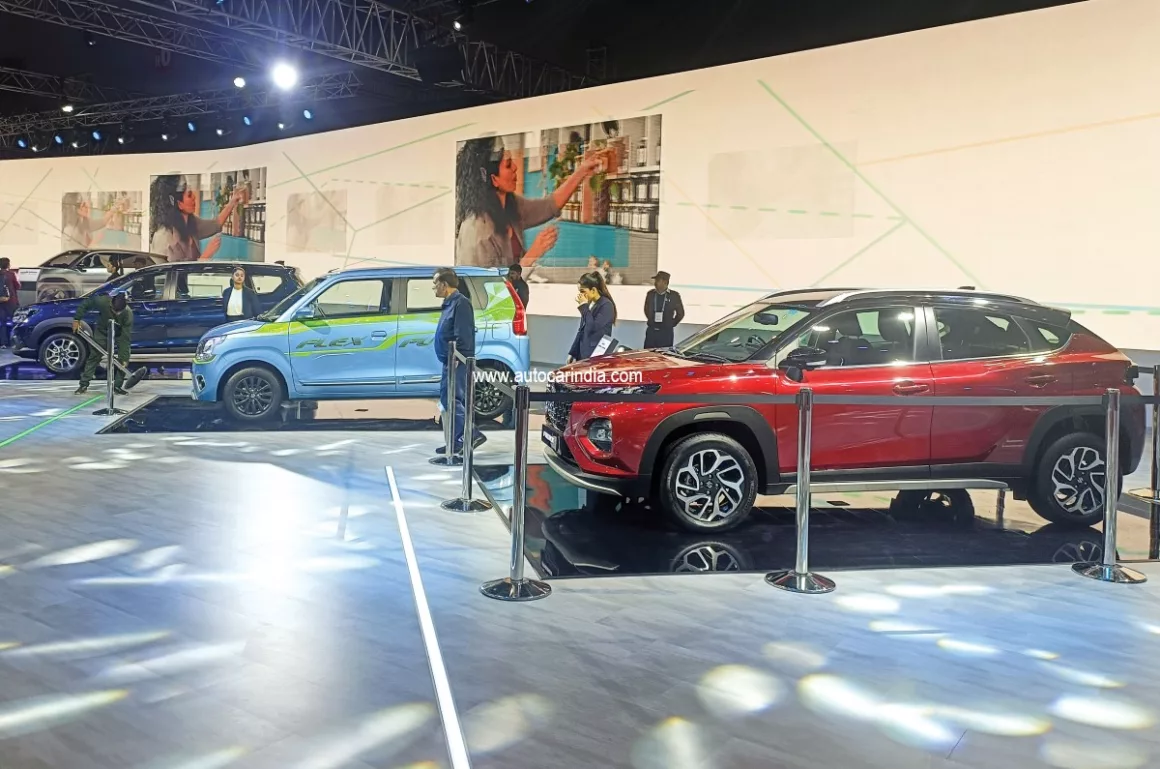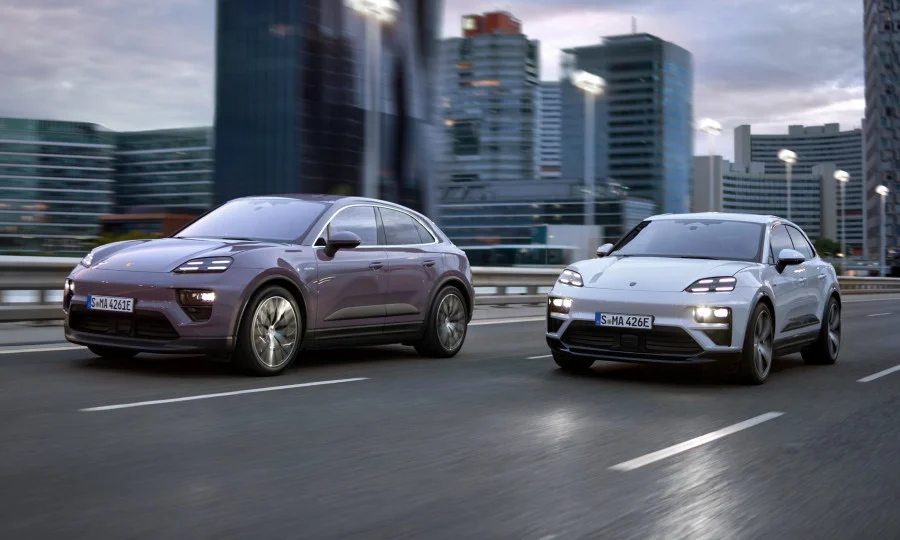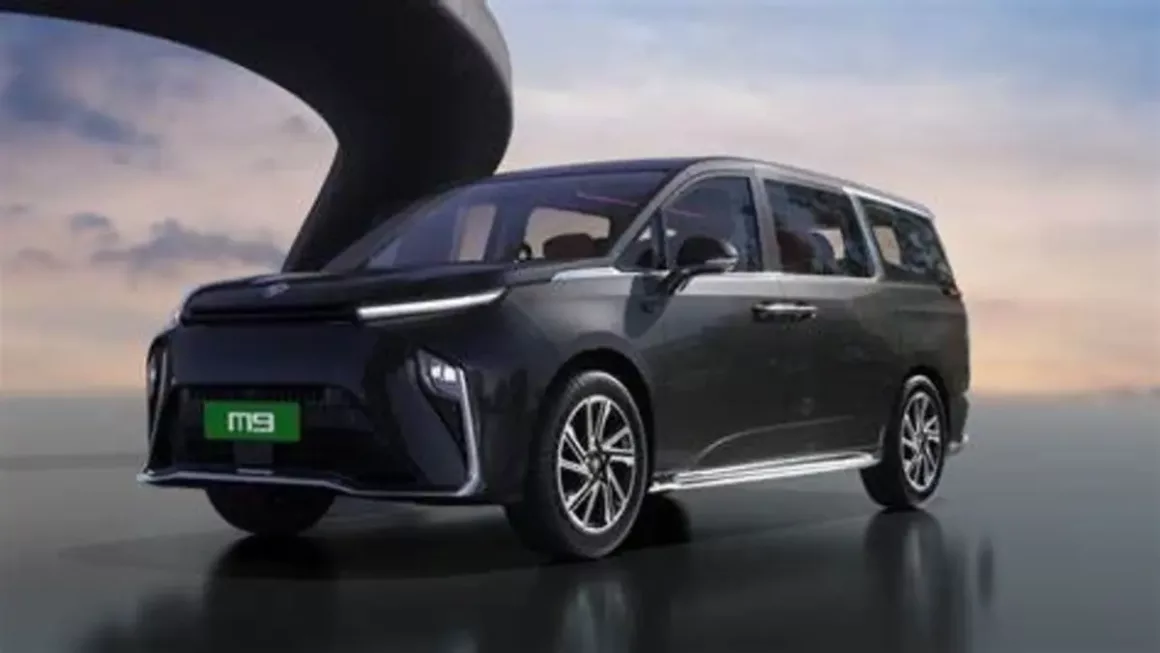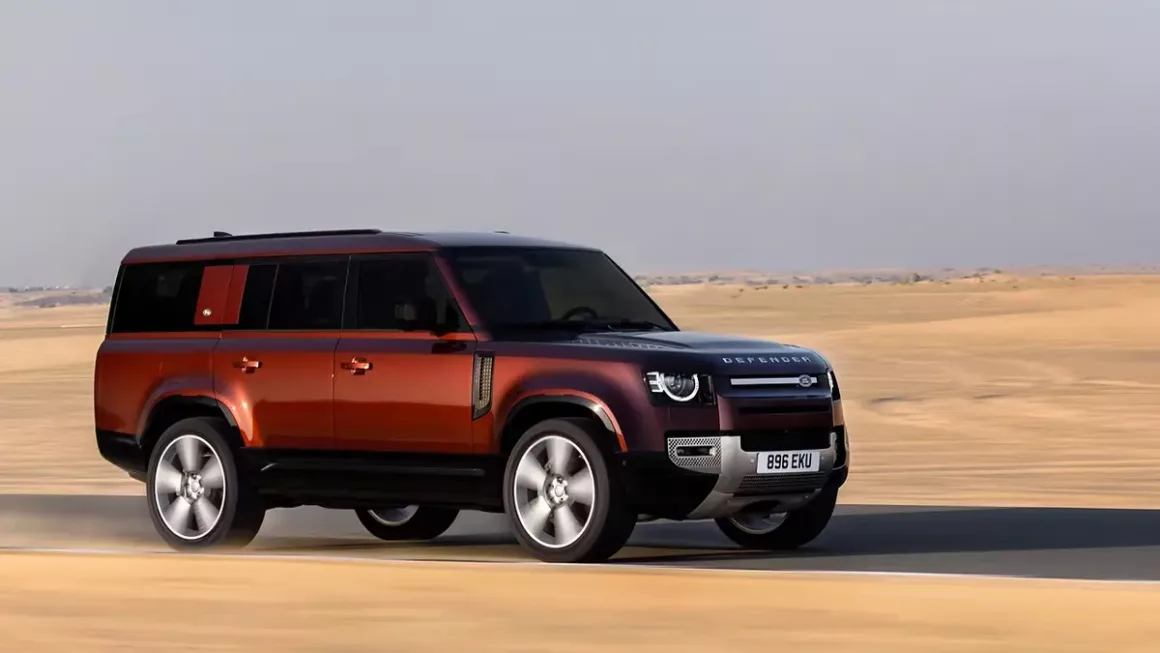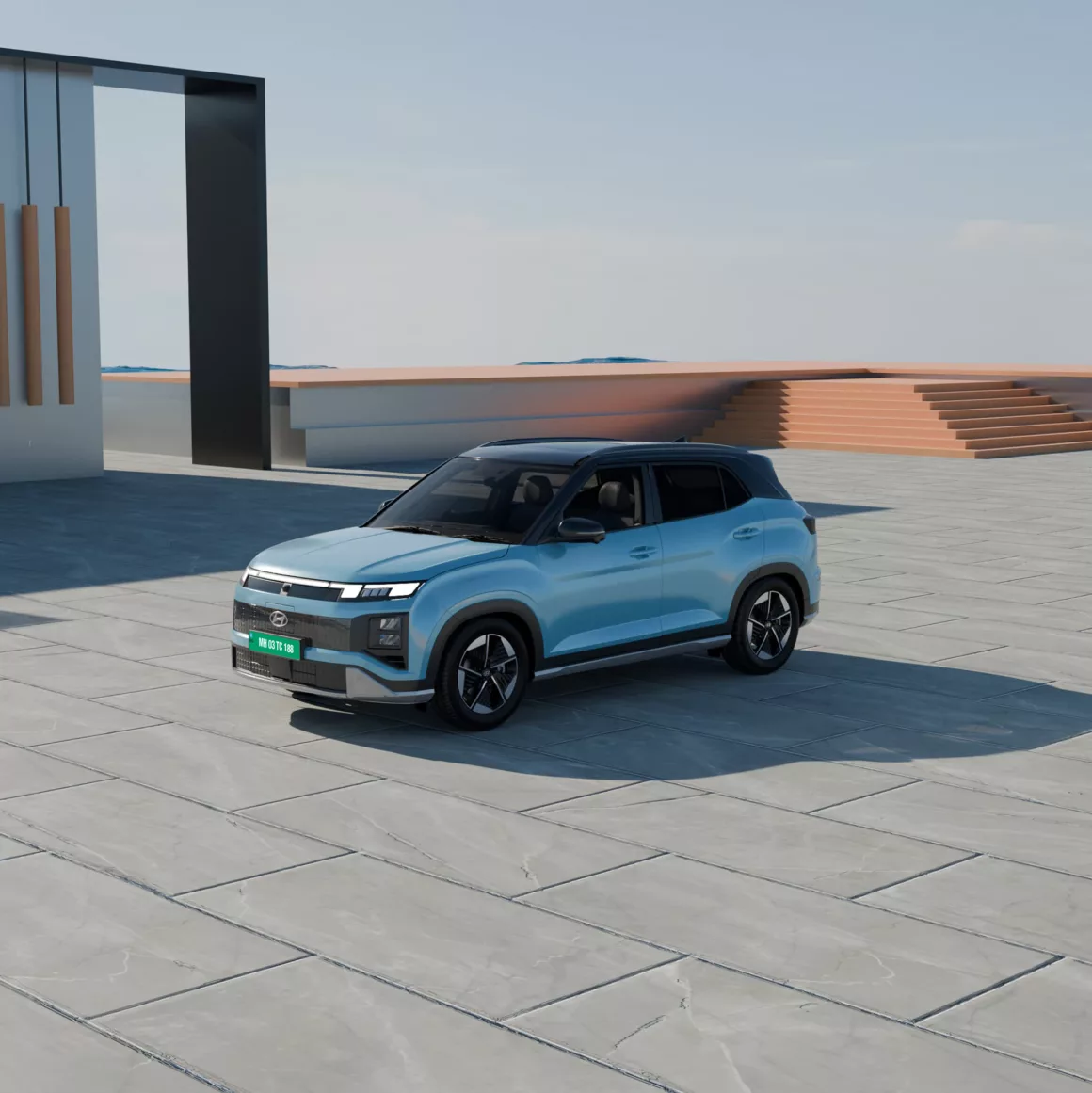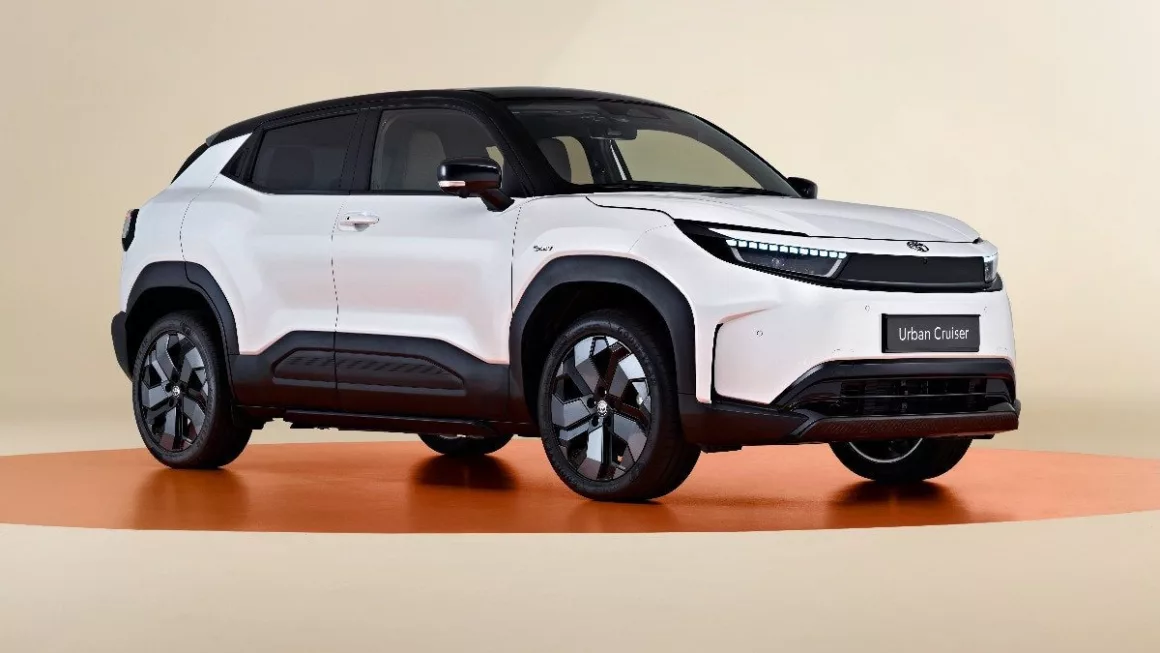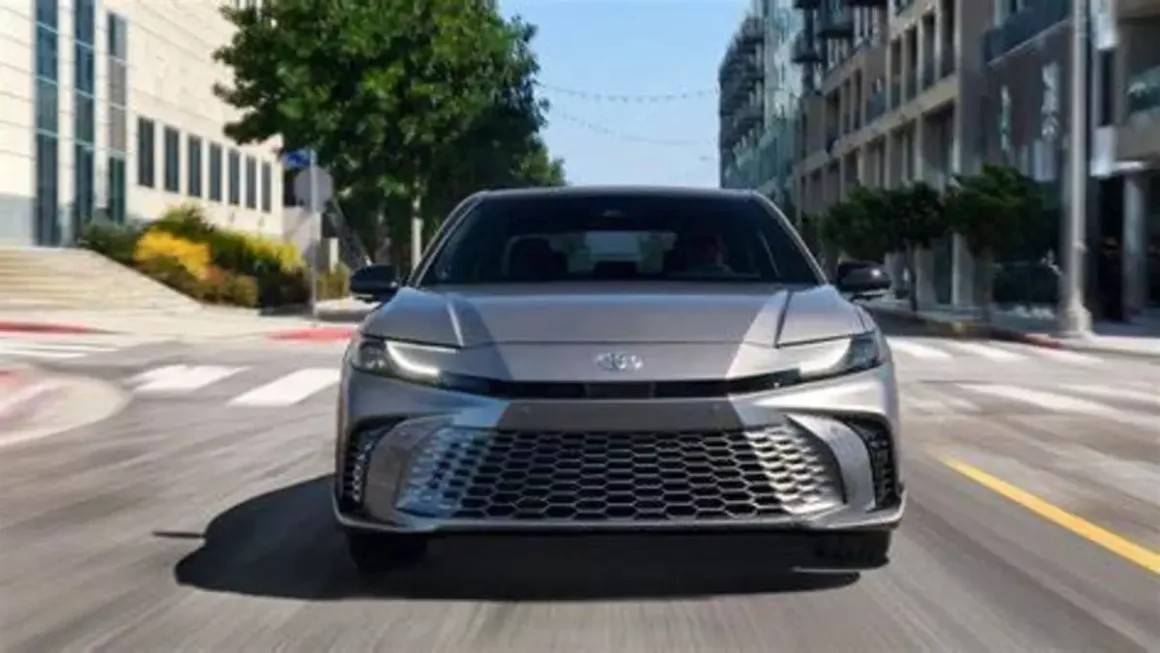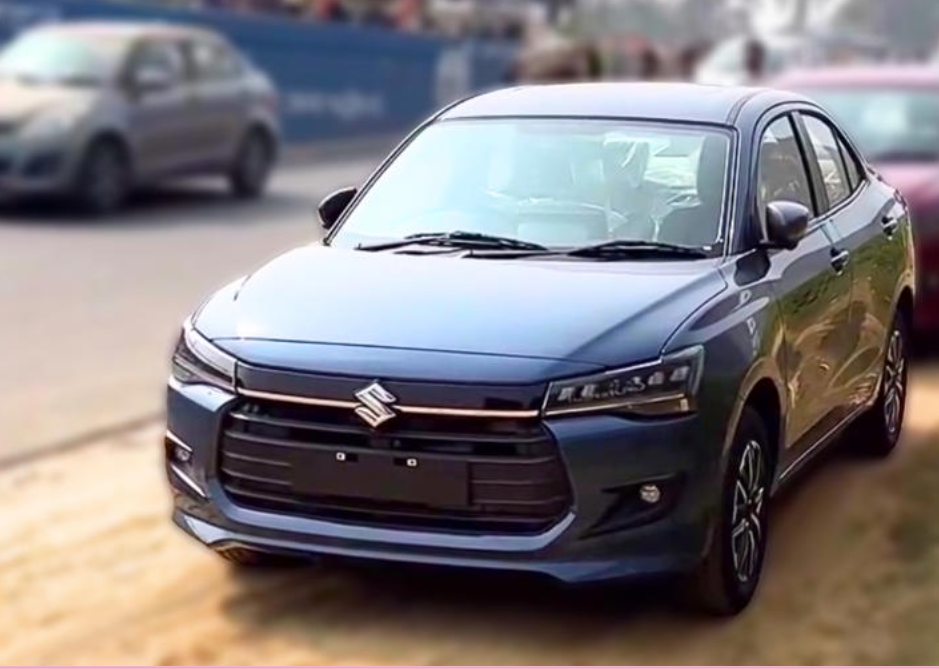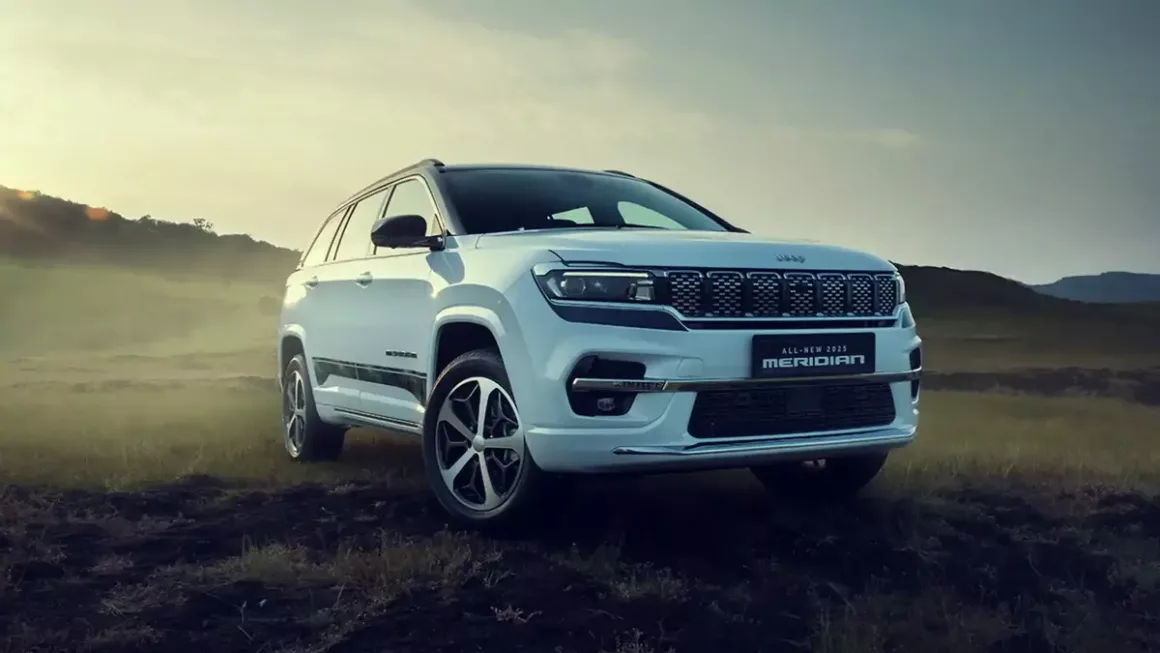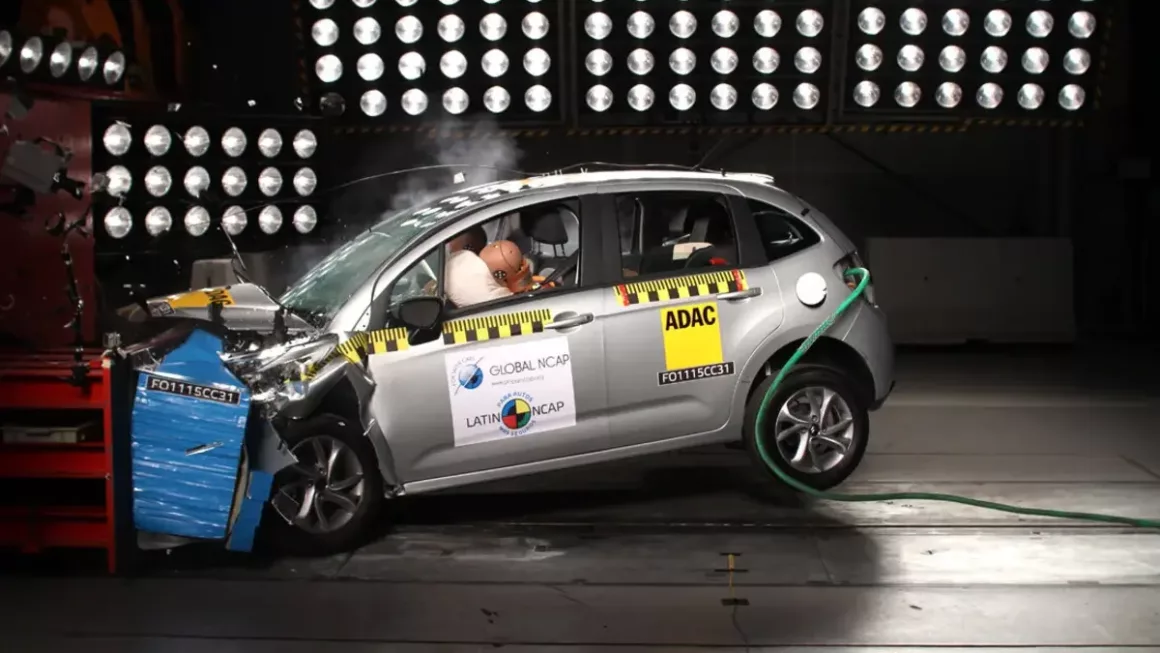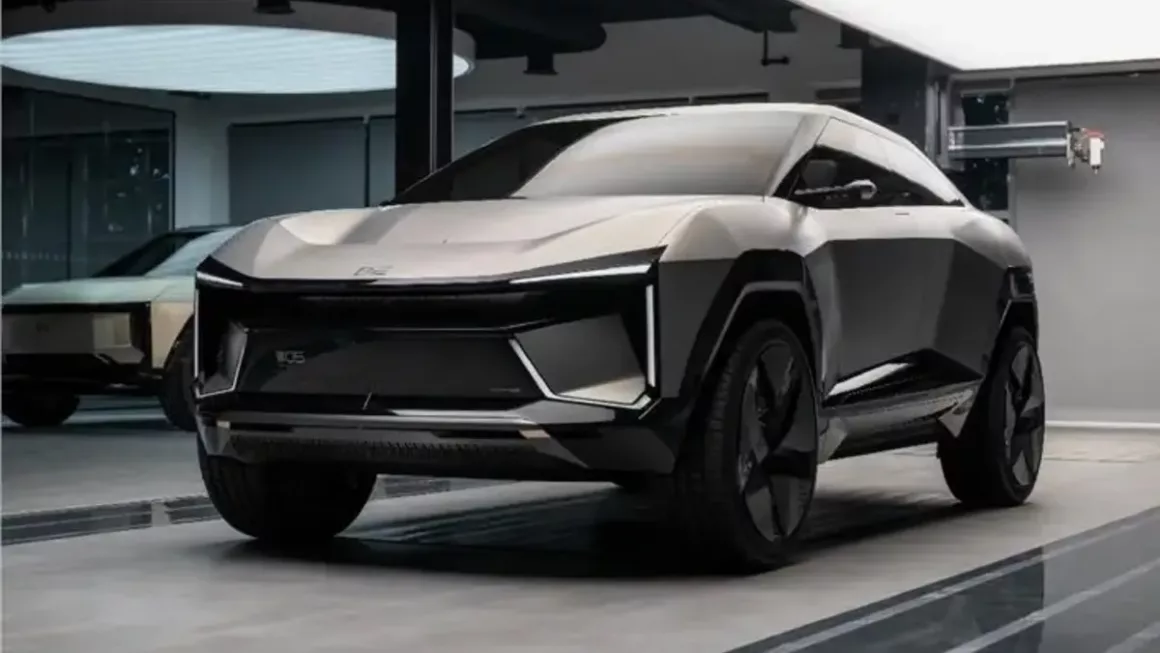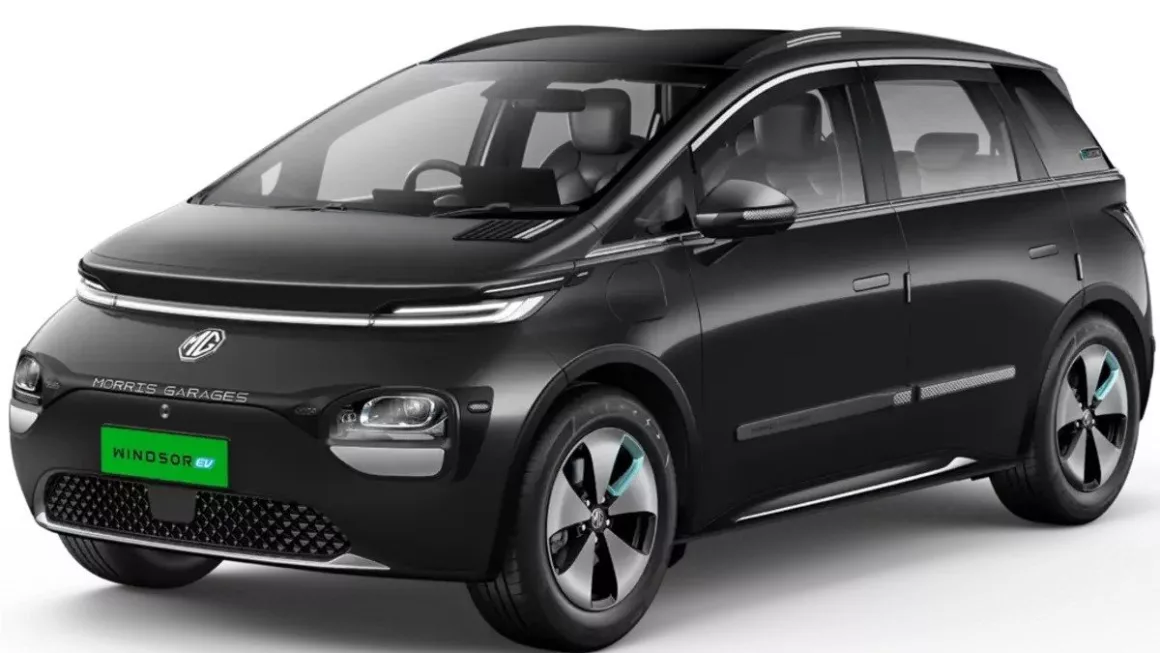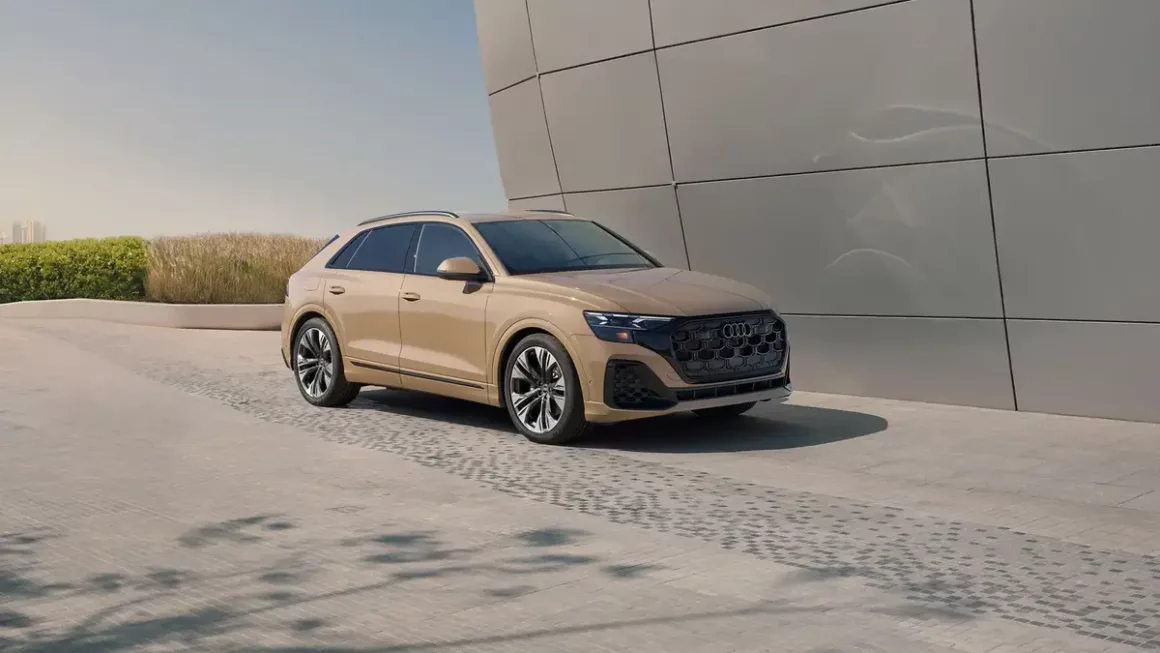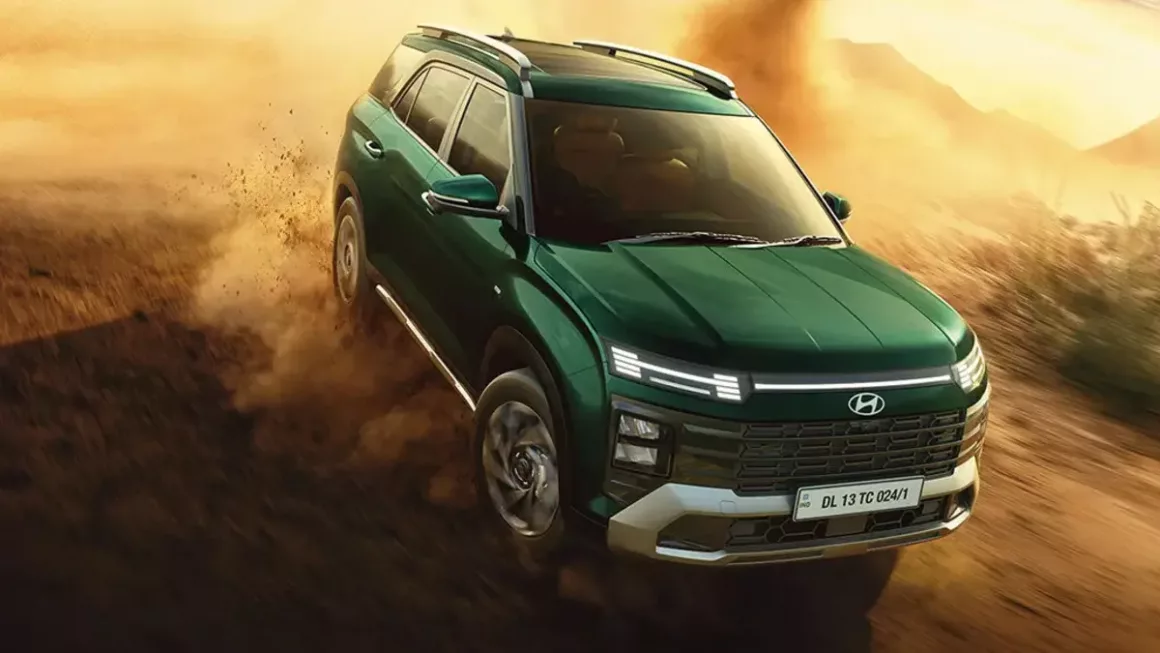The Volkswagen Polo has long been a beloved hatchback in India, known for its solid build quality, premium feel, and strong driving dynamics.
Buying a pre-owned Volkswagen Polo can be a superb proposition for buyers seeking a robust, fun-to-drive hatch that delivers a more upmarket feel than most of its peers. Despite being discontinued, Volkswagen maintains a healthy service setup, and parts availability is typically adequate, making a pre-owned purchase a viable proposition.
Best Age for a Used Volkswagen Polo
The Volkswagen Polo was launched in India for the first time in 2010. Throughout its long career, the car underwent several facelifts, including engine swaps and cosmetic updates. Its most substantial updates came in 2014 (new motors, including the 1.5L TDI and 1.2L TSI with DSG gearbox) and 2020 (new 1.0L TSI engine, marking the end of all diesel models).
Depreciation Overview (Estimated):
| Age of Car | Approximate Depreciation Range | Example (Original Price ₹8 Lakh) | Key Considerations |
| 1-2 Years | 15-25% | ₹6.00 – ₹6.80 Lakh | Latest models, minimal wear, likely under extended warranty. Best for the recent 1.0 TSI. |
| 3-5 Years | 30-45% | ₹4.40 – ₹5.60 Lakh | Best value, significant savings, in good condition, likely includes models from 2014 and later. |
| 5+ Years | 45-60%+ | ₹3.20 – ₹4.40 Lakh | Most affordable, primarily pre-2020 facelift, thorough inspection crucial. |
Our Expert Recommendation
A 3-5 year old Volkswagen Polo (2020-2022 models for 1.0L TSI, or 2017-2019 models for 1.5L TDI/1.2L TSI) often presents the best value. This age bracket allows you to benefit from significant depreciation while still getting a relatively modern car with good features and a longer potential lifespan. For the most modern engine, look for 2020 onwards models with the 1.0L TSI.
Best Used Volkswagen Polo Variant to Buy
The Polo was offered in various trims, including Trendline, Comfortline, Highline, Highline Plus, and the highly sought-after GT variants.
Variant Feature Snapshot (Illustrative for later models, features vary by year):
| Feature/Variant | Trendline (Base) | Comfortline (Mid) | Highline (Premium) | GT TSI / TDI (Sport) |
| Infotainment | Basic Audio | Basic Audio | Touchscreen | Touchscreen |
| Airbags | 2 (Standard) | 2 (Standard) | 2 (Standard) | 2 (Standard) |
| Wheel Size | Steel wheels | Steel wheels | Alloy wheels | Alloy wheels |
| Upholstery | Fabric | Fabric | Fabric | Fabric (sportier trim) |
| Key Features | ABS, EBD | Power Windows (All) | Auto AC, Cruise Control | ESP, Hill Hold (GT TSI AT) |
Recommendation for Best Value
- To achieve a balanced combination of value and features, models like the Highline or Comfortline are ideal. These models possess the necessary features without carrying the top-shelf price of the GT models.
- If the GT TSI or GT TDI, which are ideal for performance and a spirited driving experience, are your priority, these models are equipped with more powerful engine units and enhanced features, albeit at a higher price. These are bestsellers, most especially the GT TSI (most especially with the 1.2L TSI with DSG or 1.0L TSI with TC AT).
Used Volkswagen Polo Petrol vs Used Volkswagen Polo Diesel
When looking for used Volkswagen Polo cars, there is a diverse range of engine options to choose from:
Petrol Engines:
- 1.2L MPI (Pre-2020): 3-cylinder, naturally aspirated. Adequate for city driving, but lacks punch on highways. Found in older Trendline, Comfortline, and Highline.
- 1.6L MPI (Early models, discontinued): 4-cylinder, naturally aspirated. More powerful than the 1.2L MPI, but less fuel-efficient. Less common.
- 1.2L TSI (GT TSI, pre-2020): 4-cylinder, turbocharged petrol. 105 PS / 175 Nm. Often paired with the 7-speed DSG automatic, known for its strong performance and refinement, and highly sought after.
- 1.0L MPI (2020+): 3-cylinder, naturally aspirated. Replaced the 1.2L MPI. More refined than its predecessor but still basic.
- 1.0L TSI (2020+): 3-cylinder, turbocharged petrol. 110 PS / 175 Nm. Replaced the 1.2L TSI. Available with a 6-speed manual or a 6-speed torque converter automatic. This is the most modern and powerful petrol engine in the Polo.
Pros (Petrol): Generally smoother, quieter, ideal for city use. The TSI engines offer excellent performance.
Cons (Petrol): MPI engines are underpowered. The DSG gearbox in the 1.2L TSI had some long-term reliability concerns if not maintained properly (VW switched to a torque converter for the 1.0L TSI AT for this reason).
Diesel Engines
- 1.2L TDI (Early models, discontinued): A 3-cylinder, turbocharged diesel engine. Basic diesel, not very refined.
- 1.5L TDI (Post-2014, discontinued in 2020): 4-cylinder, turbocharged diesel. 90 PS / 230 Nm (standard Polo) or 105 PS / 250 Nm (GT TDI). Known for its strong torque, excellent fuel efficiency, and highway cruising ability. Paired with a 5-speed manual. Highly recommended for diesel lovers.
Pros (Diesel): Excellent fuel efficiency, strong low-end torque for city and highway driving.
Cons (Diesel): Can be noisier than petrol engines. Maintenance costs for diesel engines can be slightly higher in the long run. Diesel particulate filter (DPF) issues can arise if primarily used for short city drives (though less common in older BS4 Polos).
Verdict:
- For overall driving pleasure and modern performance, the 1.0L TSI (2020 onwards) with either MT or AT is the top choice.
- For those who prefer diesel power, the 1.5L TDI (especially the GT TDI with 105 PS tune) is a fantastic, fuel-efficient, and powerful option. However, remember that diesels were discontinued in 2020, so you’ll be looking at older models.
- The 1.2L TSI with DSG (pre-2020 GT TSI) is also a very capable and fun car, but be sure to inspect the DSG’s health and service history carefully.
Used Volkswagen Polo Ownership Calculator
Volkswagen cars generally have a reputation for slightly higher maintenance costs compared to mass-market brands, but the build quality and driving experience often justify this.
1. Annual Service Costs
Volkswagen recommends service every 15,000 km or 12 months.
| Service Interval | Cost (Petrol) | Cost (Diesel) |
| Annual Average | ₹5,000 – ₹8,000 | ₹6,000 – ₹9,500 |
2. Tyre Replacement Cost
Tyres typically last between 40,000 and 60,000 km. Costs vary by size (15 or 16-inch).
| Tyre Size (Typical) | Total for 4 Tyres (Approx.) | Annual Amortisation (over 4 years) |
| 185/60 R15 | ₹20,000 – ₹30,000 | ₹5,000 – ₹7,500 |
| 195/55 R16 (GT) | ₹25,000 – ₹35,000 | ₹6,250 – ₹8,750 |
3. Specific Part Replacements (Common Wear & Tear Estimates)
- Brake Pads (Front): ₹3,000 – ₹5,000 (every 30k-40k km)
- Brake Discs (Front): ₹6,000 – ₹10,000 (every 60k-80k km)
- Battery: ₹4,000 – ₹7,000 (every 3-5 years)
- Clutch Assembly (MT): ₹8,000 – ₹15,000 (Petrol), ₹15,000 – ₹25,000 (Diesel, if needed)
- DSG Mechatronic Unit (if it fails): This can be very expensive, ranging from ₹50,000 to ₹1.5 Lakhs or More. (This is why 1.2L TSI DSG cars need careful inspection.)
- Suspension Components (struts, bushes): ₹2,000 – ₹6,000 per component (as needed)
4. Insurance Costs
Expect to pay ₹18,000 to ₹30,000 annually for comprehensive insurance on a used Volkswagen Polo. Older models will have lower premiums.
Estimated Annual Ownership Cost (Excluding Fuel & Loan EMIs):
| Category | Estimated Annual Cost Range |
| Annual Service | ₹5,000 – ₹9,500 |
| Tyre Amortisation | ₹5,000 – ₹8,750 |
| Common Part Replacements | ₹4,000 – ₹10,000 |
| Insurance | ₹18,000 – ₹30,000 |
| Miscellaneous | ₹3,000 – ₹6,000 |
| TOTAL ANNUAL COST | ₹35,000 – ₹64,250 |
Note: These are estimates. Actual costs can vary based on driving style, maintenance history, and specific issues.
Upgrades for a Used Volkswagen Polo
The Polo is a popular car for modifications and upgrades.
Performance Upgrades:
- ECU Remap/Tuning: For TSI and TDI engines, an ECU remap can significantly boost power and torque. This is a popular upgrade for GT variants.
- Air Intake/Exhaust: Aftermarket air intakes and performance exhausts can further enhance engine sound and provide minor power gains.
- Suspension: Upgrade to aftermarket coilovers or sport springs for improved handling, especially for enthusiasts.
Infotainment & Audio:
- Upgrade the infotainment system to a modern touchscreen with Apple CarPlay/Android Auto if the car doesn’t have it.
- Enhance sound quality with better speakers and an amplifier.
Lighting:
- Upgrade headlights to brighter bulbs or LED/HID projector setups for improved night visibility.
- Install DRLs if not present.
Aesthetics:
- Alloy wheels (if not already present) can significantly alter the car’s appearance.
- Sportier body kits or spoilers (for GT variants).
- Leatherette seat covers can give a more premium feel to lower variants.
Conclusion
The Volkswagen Polo, whether second-hand or not, offers a complete package of German engineering, a robust build, and lively driving characteristics. Its extensive engine range, including punchy TSI petrols and TDI diesels, means that there is a Polo to suit every breed of driver. Whilst being discontinued is a drawback, Volkswagen’s continuing service back-up and availability of parts render a second-hand Polo a sensible and attractive proposition.
The perfectly well-maintained 3-5 year old Highline, Highline Plus, or GT variant with a spotless service record, preferably the 1.0L TSI or 1.5L TDI, is a value proposition par excellence for someone seeking a premium but exciting hatch. Conduct a thorough pre-purchase inspection under all circumstances.
FAQs
Q. Is it safe to buy a used Volkswagen Polo after its discontinuation in India?
Yes, it is generally safe. Volkswagen has committed to service and parts availability for its discontinued models in India. The widespread service network and popularity of the car ensure that aftermarket support is also strong.
Q. What are the common problems to look out for in a used Volkswagen Polo?
Common issues include potential DSG gearbox issues (in 1.2L TSI AT models, look for jerking or unusual shifts), rattling noises from the front suspension (often anti-roll bar bushings), power window malfunctions, and, for older diesel models, potential fuel leaks. Always check the service history and perform a thorough test drive.
Q. Which engine is best for a used Volkswagen Polo?
For petrol, the 1.0L TSI (from 2020 onwards) is the most modern and powerful, offering excellent performance. The 1.2L TSI (older GT TSI) is also great but inspect its DSG gearbox carefully. For diesel, the 1.5L TDI (especially the GT TDI tune) is highly regarded for its performance and fuel efficiency.]
Q. What is the typical mileage I can expect from a used Volkswagen Polo?
Real-world mileage for the 1.0L MPI petrol is generally 12-16 kmpl, for 1.0L TSI petrol, it’s 10-15 kmpl (depending on driving style and transmission). The 1.5L TDI diesel can deliver 16-20 kmpl.
Q. What are the key variants to consider when buying a used Volkswagen Polo?
The Highline/Highline Plus variants offer a good balance of features. For enthusiasts, the GT TSI and GT TDI variants are highly recommended due to their powerful engines and sporty driving characteristics.

 ne big family!
ne big family!